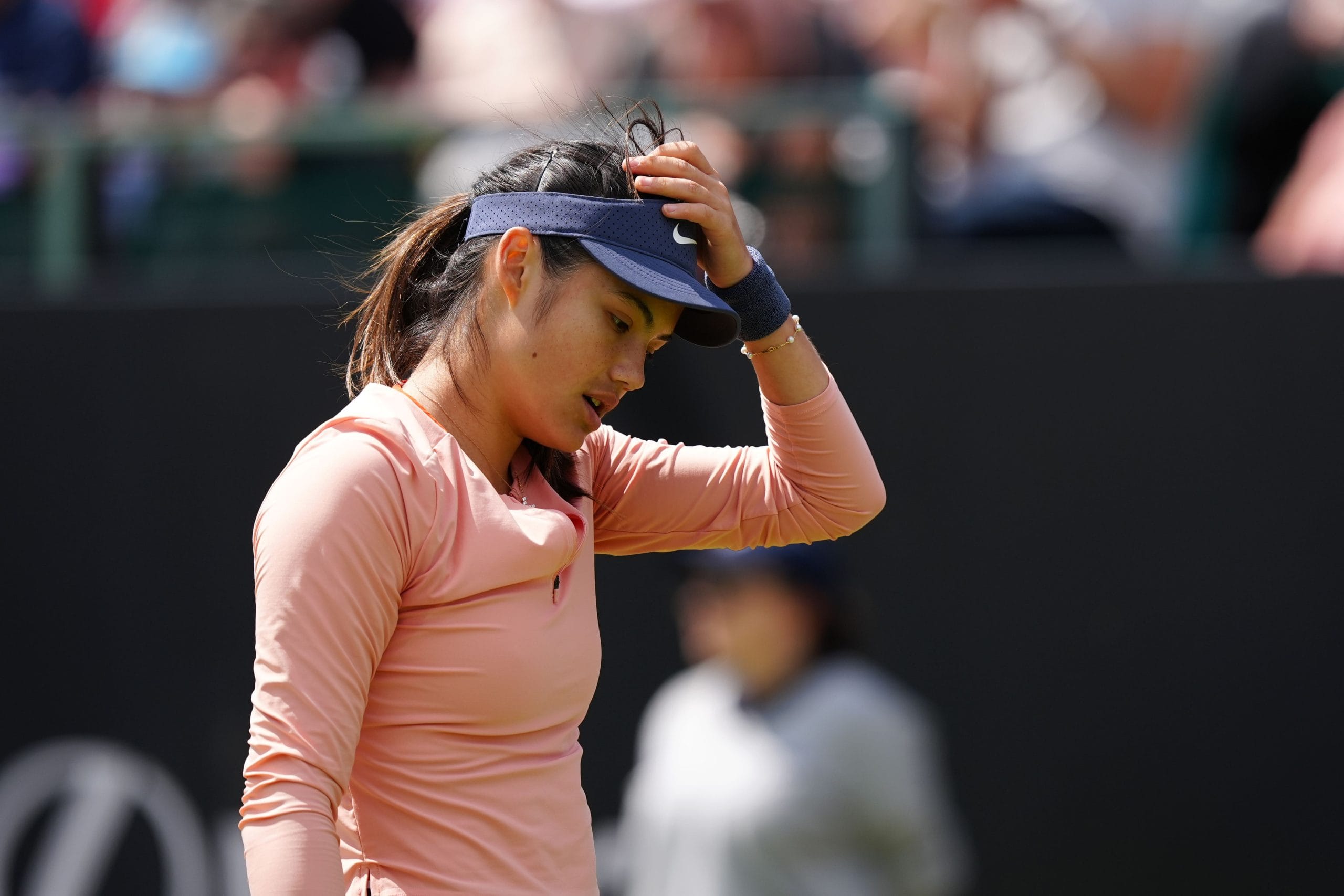Dutee Chand is the second fastest female sprinter in Asia, as well as the third Indian woman ever to qualify for the Women’s 100 metres event at the Summer Olympic Games. Coming from a below poverty line, weaver’s family in Odisha, Chand’s story is an ideal parable of how sheer self-will and handwork can help you achieve all your dreams, despite the obstacles.
However, such romanticisation of poverty and suffering prevent us from recognising the structural forces in the system which actively prevent the success of those from certain sections of society. Dutee Chand is an inspiration, but her story is evidence of how our systems, facilities, and government have collectively tried to fail an individual such as her.
Hyperandrogenism And ‘Female-ness’ In Sports
Dutee Chand who had been running since the age of four saw all her hard work and determination go down the drain in 2014 when the Athletic Federation of India (AFI) pulled her out of the Commonwealth Games at the last minute. In fact, her coach was waiting for her in Scotland when Chand was brought in uninformed for some last minute tests regarding her gender. After several invasive tests, the AFI and the Sports Authority of India claimed that she violated the androgenism guidelines of the International Association of Athletics Federations (IAAF). That year she was banned from both the Commonwealth Games as well as the Asian Games.
THE TESTS FORCED ON CHAND WAS SIMPLy A PART OF THE LONGSTANDING HISTORY OF SPORTS AUTHORITIES ATTEMPTING TO DEFINE WHAT ‘FEMALENESS’ IN SPORTS is.
Hyperandrogenism is a medical condition which is characterised by excessive levels of male sex hormone in the female body. It is a giant flaw in the IAAF’s attempts at maintaining a strict binary division of the sexes in sports. The tests forced on Chand were simply a part of the long-standing history of sports authorities attempting to define what ‘femaleness’ in sports is.
Initially, almost all women athletes were forced to go through gynecological examinations, visual inspections, and genetic testings to prove their womanhood. However, now only ‘suspicious females’ are called out for testings. This is a policy which discriminate against women based on their appearance and gender presentations.
Also read:The Isolation Of Women In Sports – Why Can’t I Play Too?
All this seems to suggest that testosterone are a privilege deserved only by men. This is incredibly ridiculous as male athletes are never questioned for their gender, nor are male athletes with lower testosterone allowed to participate in the women’s section. All humans, whatever their sex, will have the hormones of both. It is incredibly unfair to try to prove that a woman is not a woman simply by the levels of her testosterone.
2015 Verdict
When her story became public, the IAAF faced massive criticism for their blatant disregard for Chand’s privacy and human rights. In 2014 she challenged IAAF’s guidelines at the Court of Arbitration for Sports (CAS), with the help of the Canadian Law firm Davies, Ward, Philips and Vineberg, LLP who offered to fight for her pro bono.
They pointed out that the tests she was forced to undergo was grossly invasive, involving protocols to measure and palpate her clitoris, vagina and labia. These tests often leave those subjected to it incredibly traumatised and completely discouraged from pursuing their sports again. Furthermore, they challenged the IAAF to find any evidence supporting their claim that higher levels of testosterone give an unfair advantage to the participants.
In 2015, CAS ruled that the policy of capping the level of naturally produced testosterone was unfair and suspended it. Women with excess androgens no longer need to surgically or therapeutically alter themselves to participate in field of their gender. They also gave the IAAF two years to find evidence that excessive androgen is an unfair advantage. This effectively removed the ban on Chand and allowed her to compete again.
Also read:Forbes ‘World’s Highest-Paid Athletes 2018’ List Highlights The Gender Wage Gap In Sports
Dutee Chand at 2018 Asian Games
Though many were sceptical of what would be her performance after an entire year of suspension, Dutee Chand proved them all wrong, producing the silver medal in the Jakarta Asian Games. She is now set to participate in the next Summer Olympics, being one of the only three Indian women to have ever been qualified for it.
Challenging the IAAF’s unfair policy has brought hope to countless women athletes. “They are women because they are women and not because a certain chemical, less or more makes them women”, claims Chand. In an interview with the Indian Express she rejoices that now her she can “run fearlessly again, knowing that now my battles exist only on the track and not off it”.
“I AM EXTREMELY RELIEVED THAT I CAN RUN FEARLESSLY AGAIN, KNOWING NOW MY BATTLE EXISTS ONLY ON THE TRACK AND NOT OFF IT”
The case of Dutee Chand v. AFI and IAAF has succeeded in clearing the path for women athletes, in at least some ways. It has forced the sports authorities, both international and within India to accept that in a competition where women from all backgrounds and nations compete together, it is structural faults such as poverty and lack of facilities that possess a much bigger unfair advantage than anything a higher level of androgen can provide.
The treatment of our sports persons, especially women in India has been abysmal. They are very often refused appropriate tools, training and help. Considering how much we demand medals from those representing our nations at international sporting events, our ability to ignore them and their fate before and after the short-lived celebration of their victory is incredible. We desperately need to care for our sports persons, and extend support to them at all times, creating an environment that promotes and encourages their hard work, not needlessly creating obstacles, however inspiring their story then becomes.
Image Source: Times of India
About the author(s)
Leah is pursuing a bachelors degree in social science. She feels very strongly against the binary perception of gender and sexuality as well as the oppression stemming from the economic class systems.




